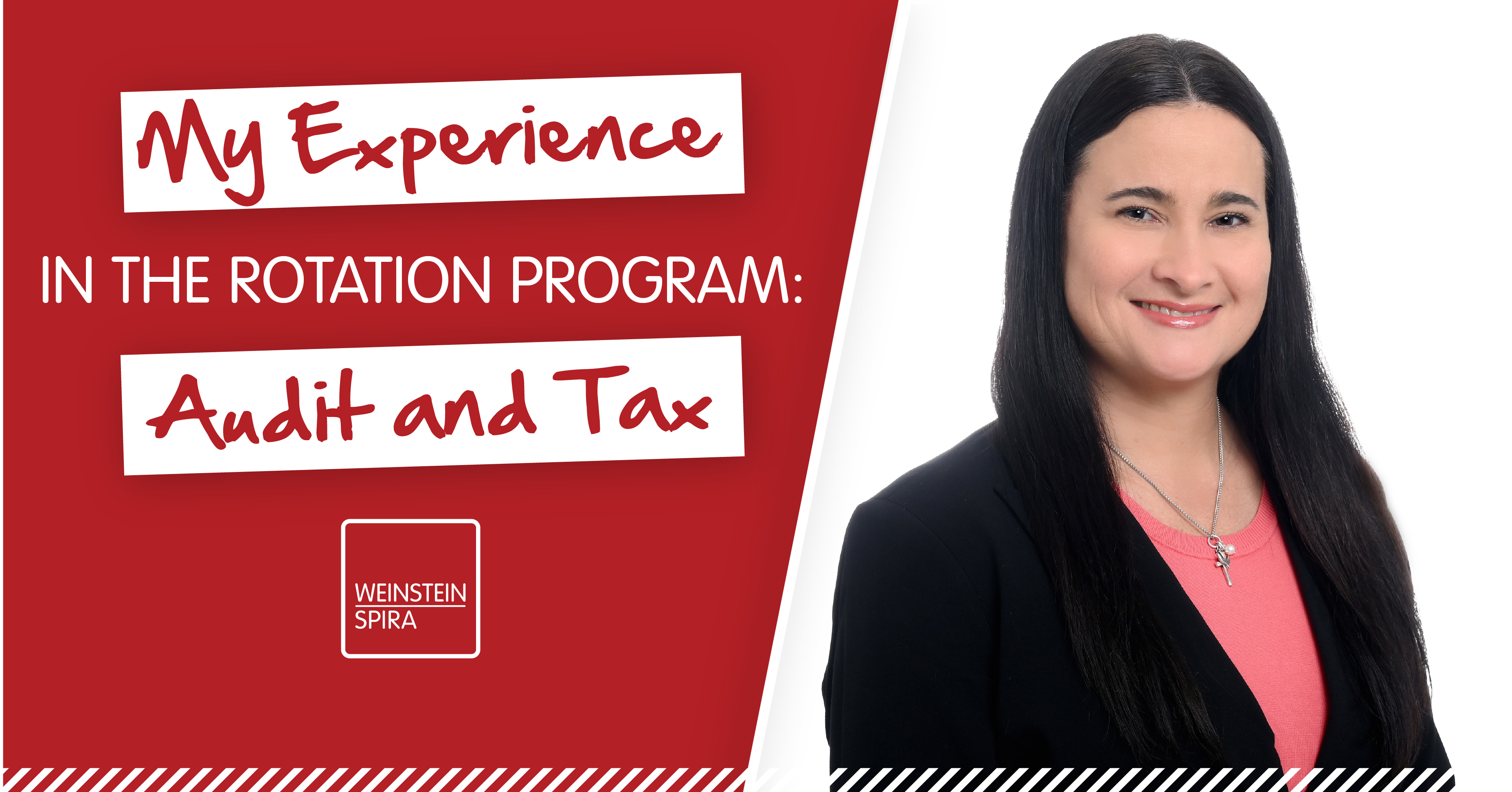Our world has been turned upside down, and the year 2020 will forever be remembered as the year of COVID-19. With everything that is happening around us, both young and old are wondering: What if I contract COVID-19? Are my affairs in order? Will my family know my wishes if I become gravely ill? Will someone be able to handle my financial affairs? Who will take care of my children if something happens to me? Is my will up to date? I think at least one of these questions crossed all our minds in the last few months. Considering the current events, let’s look at some of the important parts of your estate plan.
Looking for the forms mentioned in this post? Check out websites like eForms.com or LegalTemplates.net to get started.
Medical Power of Attorney
First, let’s look at the medical power of attorney. The medical power of attorney allows someone else to make medical decisions on your behalf if you become incapacitated and are no longer able to make these decisions for yourself. You want to make sure the person you appoint as your medical power of attorney is someone you trust and knows your wishes for medical care. Have conversations with this person to make sure they know your wishes and can carry out these wishes on your behalf. It is a good idea to appoint a secondary person in case your primary proxy is not available or incapable of making these decisions. If you have a child over the age of 18, you need to understand that even though you are their parent (and in many cases are still paying their bills) your child is considered an adult, and you no longer can make health care decisions on their behalf. You need to have your child complete a medical power of attorney, so that you have the authority to make health care decisions on their behalf if they are unable.
Medical Directive
Another important document is the living will or more commonly know of as a medical directive. A medical directive is an advance directive allowing someone else to make healthcare decisions about end of life care for you. The person you choose to do this should be someone you trust and understands your wishes – extraordinary measures or not. As with a medical power of attorney, you should appoint a primary and secondary proxy.
Durable Power of Attorney for Financial Affairs
A durable power of attorney to handle your financial affairs is another document you want to have in place. This allows someone of your choosing to handle your financial affairs, such as run your business and/or handle your daily financial decisions like paying your bills or making investments, while you are living but unable to perform these activities. This too should be a person you trust and someone who is a responsible individual because they will be handling your finances if you are incapacitated and unable. It is important to note that the durable power of attorney for financial affairs is only valid while you are living. Once you have passed away, the power of attorney is void and your will and executor take over.
Guardianship of Children
If you have minor children, you want to make sure your will is up to date, and that the guardianship of your children is current. If you were to die, you want to make sure the person taking guardianship of your children is the person you choose, not who the courts choose – which will be the case in the absence of a will. A key point to remember is that the person who physically takes guardianship or custody of your children should you die does not have to be the same person who handles the financial affairs for your children. You can create trusts (which are recommended) and the trustee can be someone other than the individual who will have custody of your children. As is the case with the powers of attorney, you should have a successor guardian if the first is no longer available.
Beneficiaries
Lastly, you want to make sure that beneficiary designees in your will are up to date. Keep in mind not only do you want to make sure the beneficiaries in your will are current, but you need to also make sure the beneficiaries designated in other places, such as life insurance policies and retirement accounts, are current.
In Closing
In these uncertain times, updated and executed estate documents are very important, no matter your age or income level.



